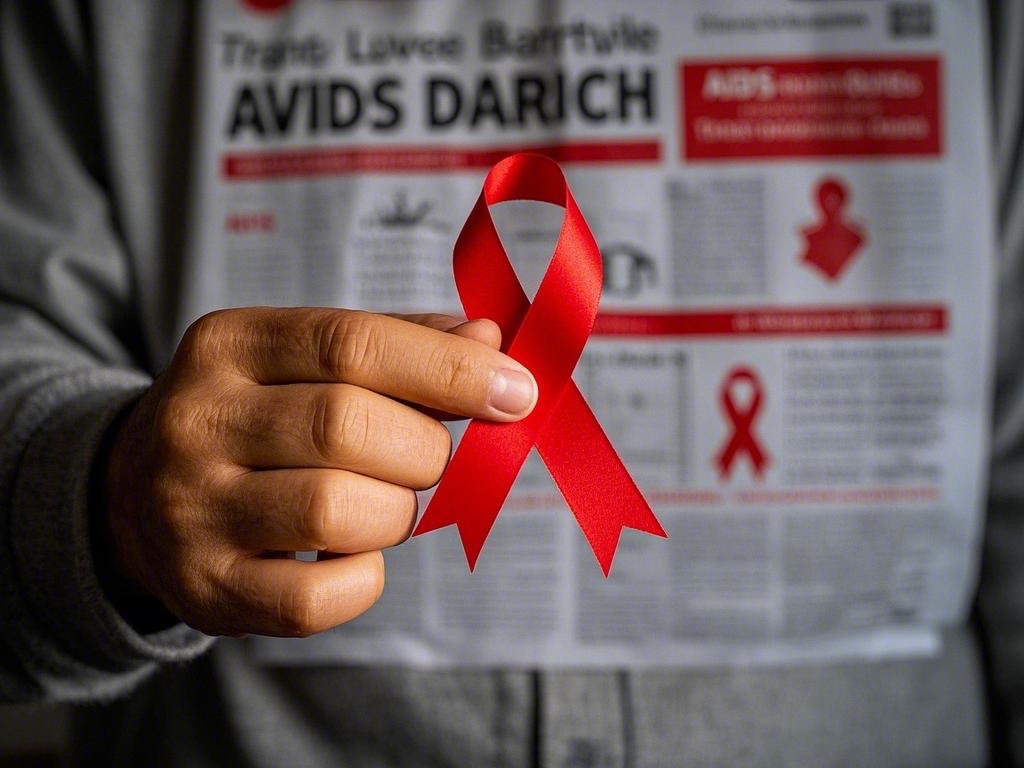When it comes to a lackluster sex life, the question of blame often arises, but the answer is rarely straightforward. Intimacy is a multifaceted aspect of any relationship, influenced by emotional, physical, and psychological factors. While it’s tempting to point fingers, the reality is that both partners often play a role in the ebb and flow of their sexual connection. Understanding the root causes and working together to address them is key to reigniting passion and fostering a healthier, more satisfying relationship.
The Role of Communication in Sexual Satisfaction
One of the most common culprits behind a dwindling sex life is poor communication. Many couples struggle to openly discuss their desires, boundaries, and concerns, leading to misunderstandings and unmet needs. Without honest dialogue, partners may feel disconnected or unappreciated, which can further dampen intimacy. Creating a safe space for open conversations about sex is essential for rebuilding trust and rekindling desire.
Stress and Lifestyle Factors
Modern life is rife with stressors—work deadlines, financial pressures, parenting responsibilities—all of which can take a toll on sexual energy. When stress becomes overwhelming, it often leaves little room for intimacy. Additionally, unhealthy lifestyle habits, such as poor diet, lack of exercise, and insufficient sleep, can negatively impact libido and overall sexual health. Addressing these factors through self-care and mutual support can help restore balance and vitality to a relationship.
Emotional Distance and Relationship Dynamics
Emotional intimacy is the foundation of a fulfilling sex life. When partners feel emotionally disconnected—whether due to unresolved conflicts, unmet emotional needs, or a lack of quality time together—it can manifest as a lack of physical desire. Rebuilding emotional closeness through shared experiences, active listening, and empathy can pave the way for a more passionate connection.
Physical Health and Medical Concerns
Physical health plays a significant role in sexual satisfaction. Conditions such as hormonal imbalances, chronic illnesses, or side effects from medications can affect libido and performance. It’s important for individuals to seek medical advice if they suspect underlying health issues. Openly discussing these concerns with a partner can also foster understanding and collaboration in finding solutions.
The Impact of Unrealistic Expectations
Societal norms and media portrayals often create unrealistic expectations about sex, leading to feelings of inadequacy or disappointment. Comparing one’s sex life to idealized standards can exacerbate dissatisfaction. Embracing authenticity and focusing on what works for the unique dynamics of a relationship can help alleviate pressure and cultivate a more fulfilling intimate life.
The Power of Mutual Effort
Ultimately, addressing a lackluster sex life requires mutual effort and a willingness to grow together. Blaming one partner or avoiding the issue altogether only deepens the divide. By approaching the situation with compassion, curiosity, and a shared commitment to improvement, couples can transform their intimacy and strengthen their bond.
Seeking Professional Guidance
For some couples, navigating the complexities of a diminished sex life may require professional support. Therapists and counselors specializing in relationships and sexual health can provide valuable insights and tools for overcoming challenges. Seeking help is not a sign of failure but rather a proactive step toward building a healthier, more connected partnership.
A Journey of Rediscovery
A lackluster sex life is rarely the fault of one individual but rather a reflection of the dynamics within a relationship. By addressing communication gaps, managing stress, nurturing emotional intimacy, and seeking professional guidance when needed, couples can embark on a journey of rediscovery. With patience and effort, they can reignite the spark and create a more vibrant, satisfying connection.
























